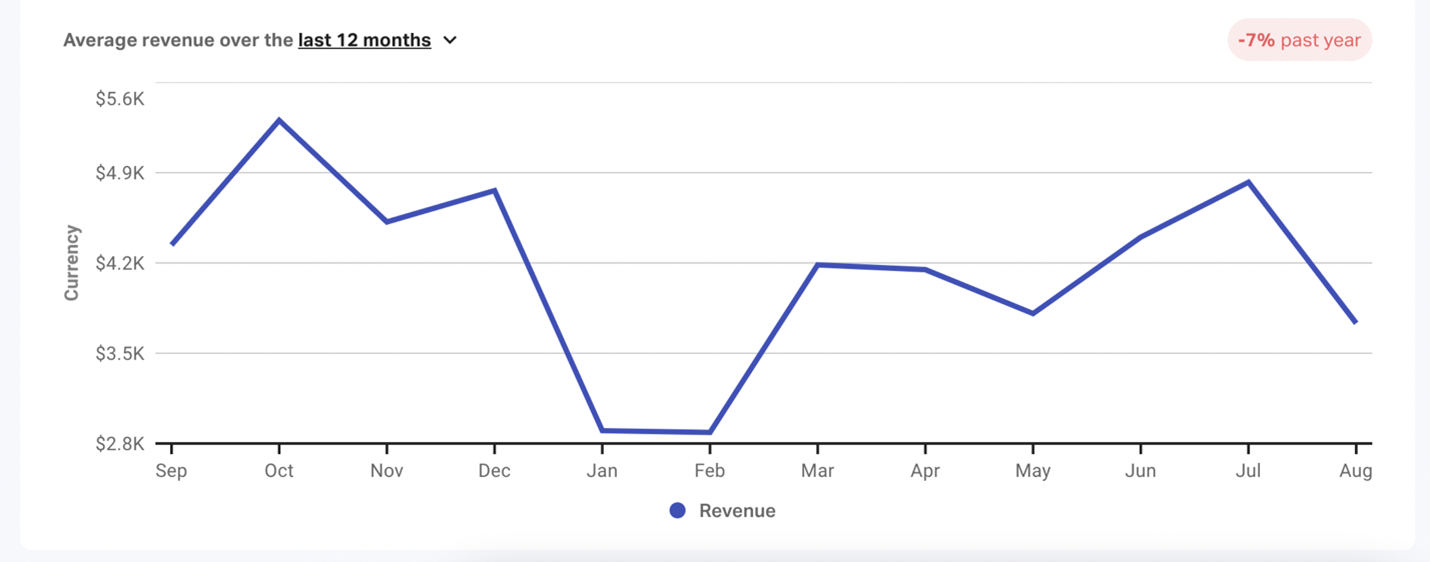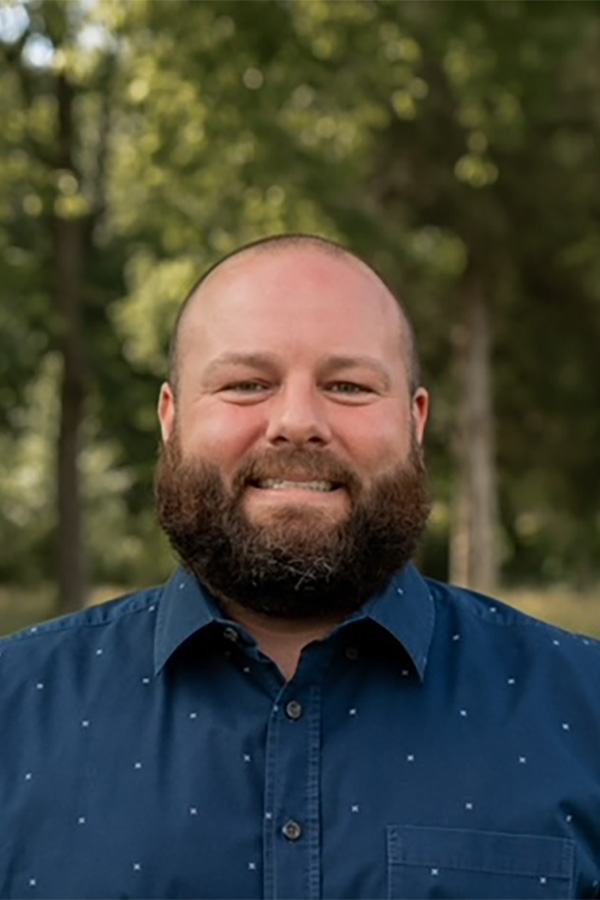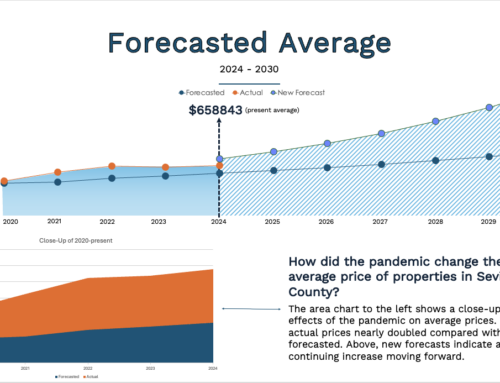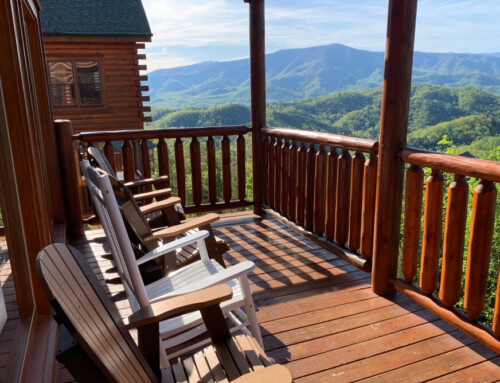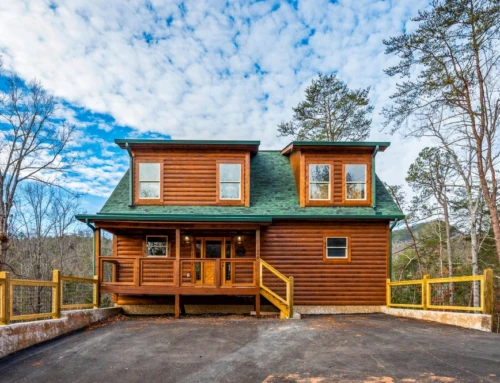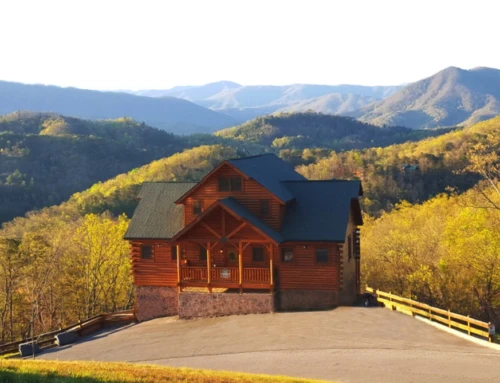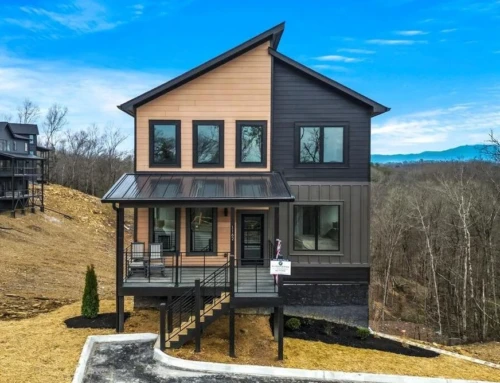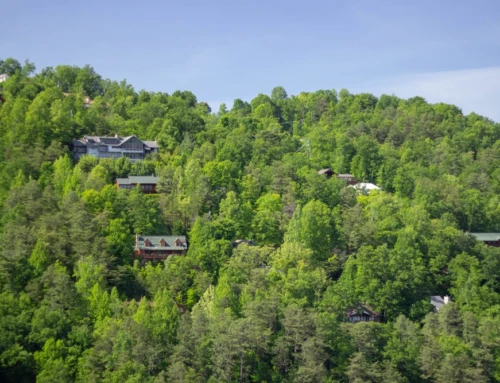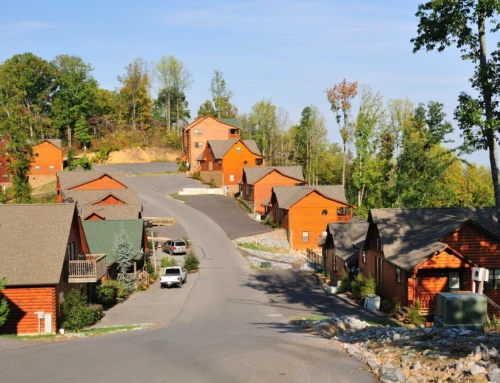The Smoky Mountain STR Market in 2023: Strong and Resilient
If you’ve recently considered real estate investment in the picturesque Tennessee Smoky Mountains, you’ve likely encountered mixed reports about the state of the market. While some headlines have raised concerns about declining revenues in short-term rentals, experienced managers have a different story to tell. Rather than the alarming 20-50% drops in income that some reports suggest, insiders report only modest reductions of 2-8% over the past year. So, why do seasoned investors still find the Smoky Mountains an enticing prospect? Let’s explore.
To understand the allure of the Smoky Mountains, you need to experience it firsthand. With its breathtaking natural landscapes and abundance of recreational activities, the region attracts visitors during every season. The Smoky Mountains have a longstanding reputation as a dependable tourist destination, a crucial factor for anyone considering an investment in short-term rentals. In our previous posts, we’ve explored the charm and allure of this region.

Furthermore, savvy property owners and managers have adapted to the changing landscape by implementing new processes that improve the guest experience. These efforts have allowed them to maintain competitive edges and secure 5 star reviews and repeat bookings from satisfied guests.
In conclusion, while there may have been a slight dip in short-term rental performance metrics, the Smoky Mountains market remains robust and offers great potential for investors. As the region continues to evolve and attract visitors, those who navigate the challenges wisely can expect their investments to thrive over the long term.
Why investors still love the Smokies? Strength and Resilience.
With these things in mind, what keeps investors optimistic about short-term rentals in the Smoky Mountains? First, the enduring demand for vacation rentals remains robust. The Smoky Mountains, with their unparalleled beauty and year-round appeal, continue to attract visitors. This demand is a promising sign for those looking to invest. Second, real estate investments are long-term plays. While short-term fluctuations in rental income are natural, the region’s popularity suggests the potential for property values to appreciate over time. Finally, the real estate market in the Smoky Mountains has demonstrated remarkable resilience, adapting to changes and continuing to thrive.
Investors looking to thrive in this market should make strategic plans in some important areas. To maximize rental income, it’s crucial to manage your property efficiently. This includes effective marketing and regular maintenance. Explore diversification within the short-term rental market and other investments to spread risks. Staying profitable means being agile and adaptable. More than ever, tax strategies, like cost segregation, can give you the opportunity to keep the revenue that you are able to earn. For example, an average cost segregation study in the area typically creates enough losses through depreciation to offset around two years of net property income. That benefit may stretch even further when investment properties costs more and revenues are decreased. This means that you may be able to earn profits for at least two years, without reporting any taxable income.
Working with local real estate professionals who understand the Smoky Mountains’ unique market dynamics can be a game-changer. Their knowledge can assist in making informed property decisions and optimizing management. Learning from others who’ve successfully navigated the market’s ups and downs can provide valuable insights and inspiration. Success stories from seasoned investors in the Smoky Mountains offer a glimpse into the possibilities.
Bottom Line:
Despite the chatter about declining revenues, investing in short-term rentals in the Tennessee Smoky Mountains is far from a lost cause. Seasoned investors are confident that, with careful planning, you can maintain positive cash flow and look forward to long-term appreciation. Beyond the financial rewards, investing in this region offers a unique blend of business and pleasure, allowing you to create memorable experiences, connect with new people, and savor the beauty of the Smoky Mountains. So, if you’re contemplating real estate investments in this area, rest assured that the opportunities remain not just alive but thriving.



